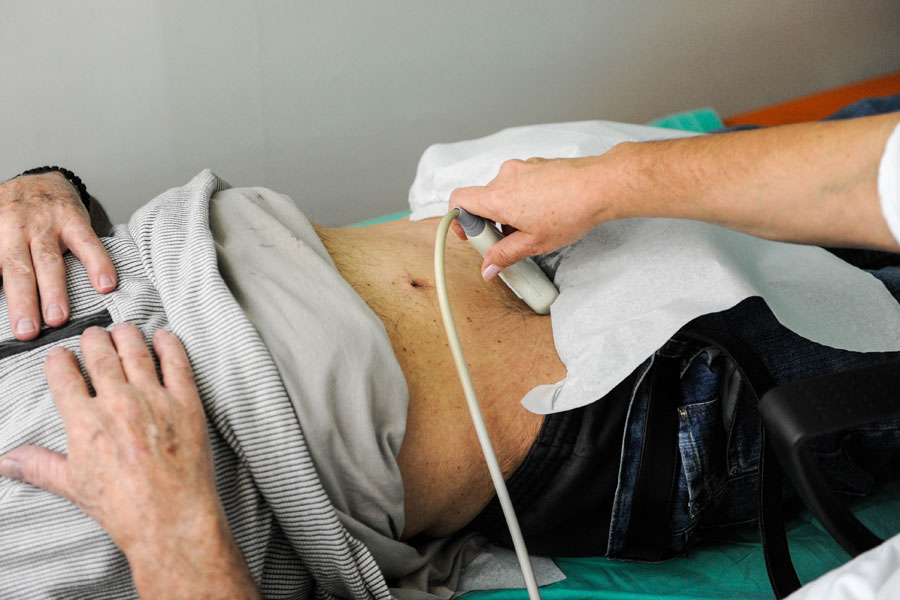A prostate exam is one of the most common yet most feared procedures guys worry about when talking to their urologist. You’re dealing with a sensitive topic in an even more sensitive area of the body and it can be unnerving to even think about.
The truth is, having your prostate health monitored and checked is not a bad idea. It can save your life. For some people, it may be something you’ll never have to worry about. Don’t leave yourself in the dark, worrying if you need your prostate checked or if your doctor is finally going to recommend you do it. Learn more with here with us and understand what it’s all about.
To Test or Not to Test
Both the American Cancer Society (ACS) and the U.S. Preventive Services Task Force (USPSTF) and many other leading medical organizations suggest that not everyone necessarily needs a prostate exam. If you’re experiencing any discomfort or issues such as:
- Bacterial infection
- Pain when you pee
- Blood in your urine
- Trouble emptying your bladder
- Dribbling after you go
- An increased need to urinate that’s worse at night
These could be signs of an enlarged prostate, which can also be a sign that cancer is present. Testing can help determine if cancer is present, but for some men, there are more significant risks that come with screening than the actual benefits. The ACS says you should hold off on getting tested until you’ve talked to your urologist or primary care provider about the “uncertainties, risks, and potential benefits of prostate cancer screening.”
Knowing if You’re at Risk
One of the biggest reasons you should think about getting your prostate checked is if you’re at a higher risk due to family history, occupation, etc.
Here are some common reasons some men are screened for prostate cancer:
1) They’re age 50, at average risk for cancer, and expected to live ten more years.
2) They’re age 45 and are at a high risk of developing cancer.
3) They’re African American (Researcher don’t understand why)
4) They have a first-degree relative (father, brother, or son) who was diagnosed with prostate cancer younger than age 65.
5) They served in the military and were exposed to Agent Orange
6) They have a family history of breast cancer, especially if they carry the BRCA 1 or 2 mutation
The very first, most crucial part of maintaining your prostate health, is talking to your doctor. Speaking with your primary care provider or your urologist is the only way you’ll know if testing safe and right for you. If you end up needing a screening, we can assure you it’s not as bad or painful as you think. It’s fast and effective at ensuring you and your prostate get a clean bill of health.
Doxycycline is commonly prescribed for prostatitis, which is an inflammation of the prostate gland. The antibiotic works to reduce the bacteria that can cause infection in the prostate, as well as reduce inflammation and discomfort. In some cases, doxycycline can be used as a preventative measure to reduce the risk of recurrent prostatitis. Doxycycline is typically taken orally, with or without food, for a short period of time to treat the infection. It is important to follow the instructions of a doctor before taking doxycycline, as it may cause side effects.






